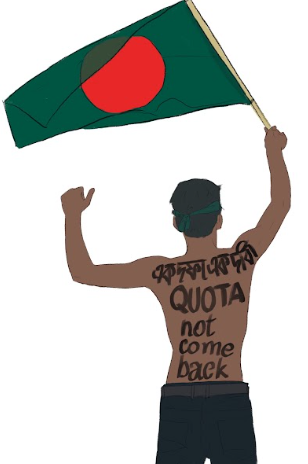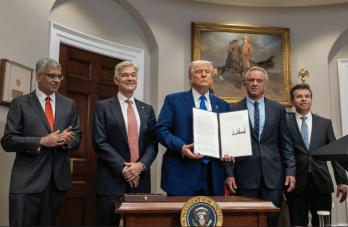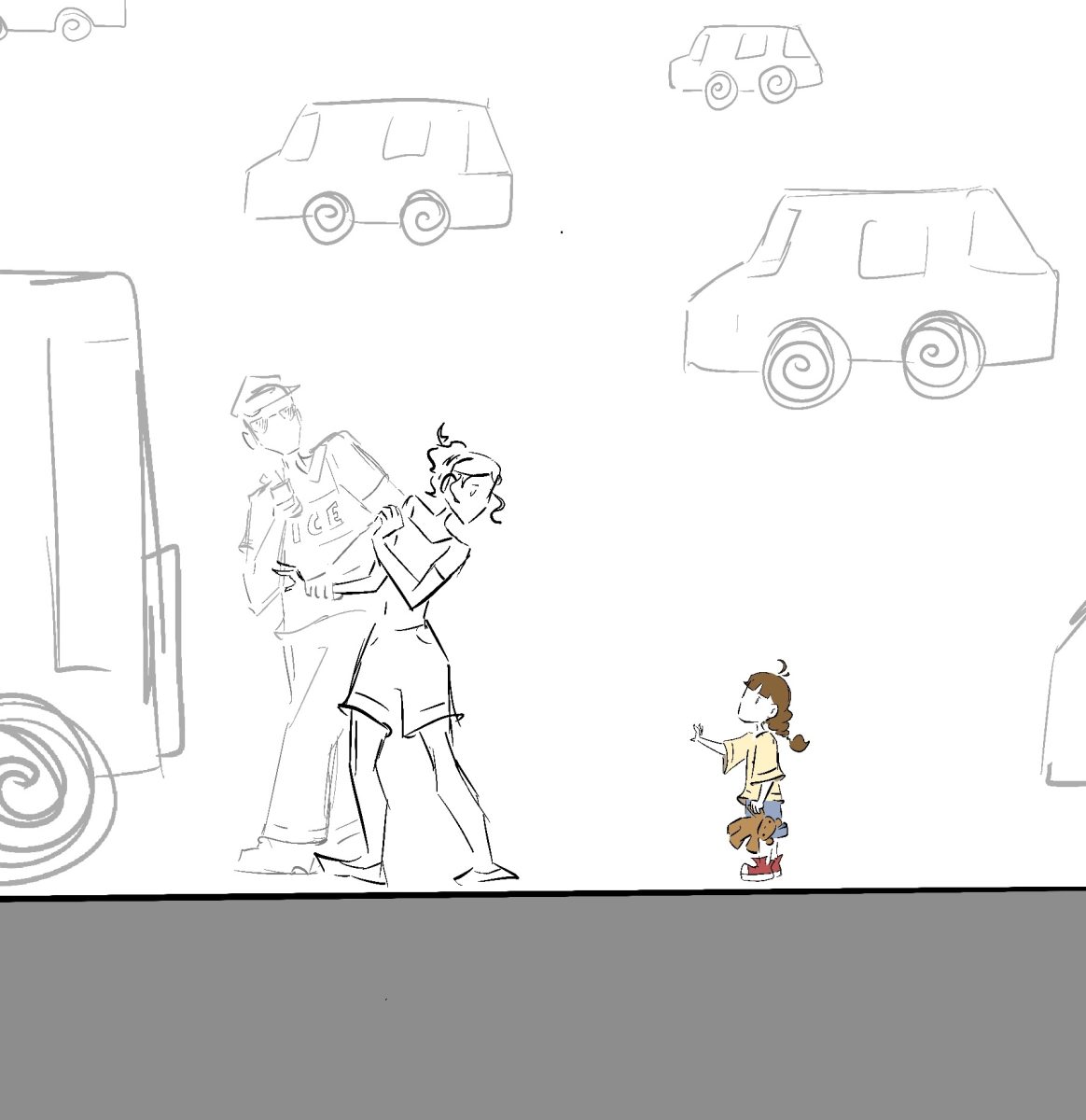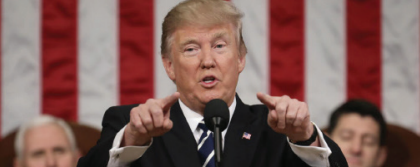
The debate over quota reform in Bangladesh continues to divide public opinion in 2024. Originally sparked by student-led protests, the movement has now evolved into a broader discussion about fairness, inclusivity, and meritocracy. What began as a call to reform an outdated and limiting system has turned into a national conversation about balancing the interests of underrepresented groups and the wider population.
The quota system, introduced after Bangladesh’s independence from Pakistan in 1972, was designed to address historical inequalities by reserving a percentage of government jobs and educational opportunities for certain groups. 56% of these jobs are under the quota system, with 10% for women, 10% for districts, 5% for ethnic minorities, 1% for people with disabilities, and 30% for the children of freedom fighters. The aim was to uplift marginalized communities and provide them with access to opportunities often out of reach due to long-standing social and economic barriers.
However, critics of the system argue that the quotas may no longer serve their original purpose; while the system was essential for addressing historical injustices, it now restricts opportunities for merit-based individuals. This has led to frustration, particularly among students and young professionals who feel their hard work and academic achievements are not being fully recognized. Proponents of reform believe the system should be updated to reflect modern needs. They argue for a more merit-based approach that rewards individual effort and qualifications while still supporting those who genuinely need it. In their view, reforming the quota system would create a more competitive and capable workforce, essential for Bangladesh’s development in an increasingly globalized economy. On the other side, defenders of the quota system emphasize that while still supporting those who genuinely need it. In their view, reforming the quota system would create a more competitive and capable workforce, essential for Bangladesh’s development in an increasingly globalized economy. On the other side, defenders of the quota system emphasize that on a purely merit-based platform. They argue that removing or reducing quotas could reverse progress in social equity, particularly for marginalized groups. In 2018, the government briefly canceled the quota system, which sparked riots, especially among freedom fighters’ families. The conflict was soon brought to court, and the quota system was put back into place. For defenders, the quota system is still necessary to ensure Bangladesh’s progress includes everyone, not just those already in advantageous positions.
The issue resurfaced recently with a wave of protests. What makes this discussion more complicated in 2024 is the involvement of political actors who have taken sides to promote their agendas. As a result, the movement has shifted from its original focus on policy reform to a broader political battleground, with both supporters and critics finding their positions increasingly tied to party politics.
Looking forward, the question remains: how can Bangladesh create a system that reflects equality, justice, and opportunity for all? Any reforms will need to balance merit-based selection with support for those facing significant social and economic hurdles.
This article also appears in our October 2024 edition.






